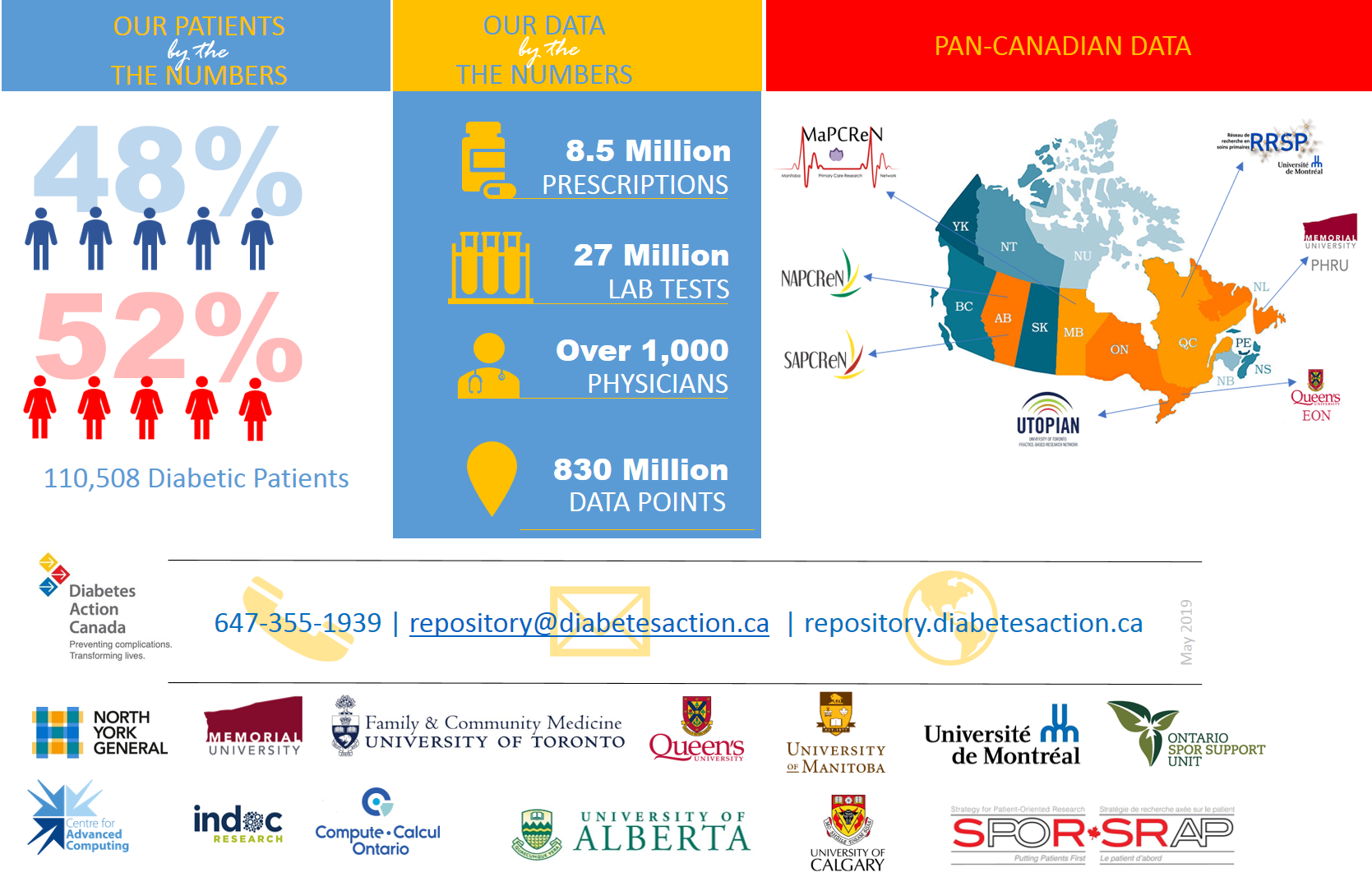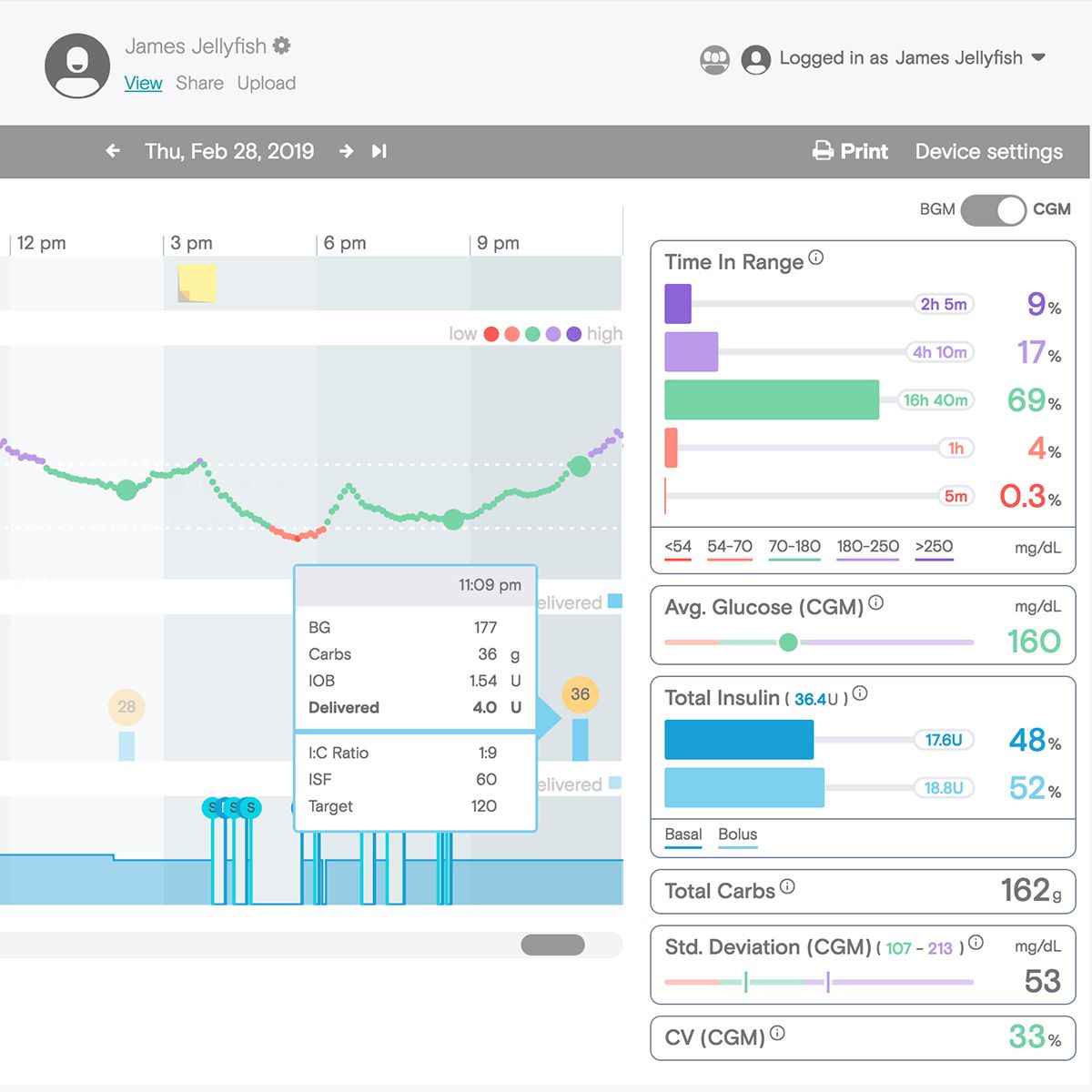Each year we see amazing strides in patient engagement within our research activities. This year, some of these successes in patient engagement were highlighted at the 2019 Diabetes Canada Professional Conference during a 90 minute symposium. Dr. Ruth Ndjaboue, one of trainees, presents her perspectives on patient engagement and the pre-conference trainee day in this newsletter.
Over the past year, Diabetes Action Canada has engaged in performance assessment to better understand the impact of our activities in fulfilling our mission of improving health outcomes for persons living with diabetes. An in-depth Network Evaluation prepared by the research teams of Drs. Val Rac and Mathieu Ouimet has revealed the importance of our growing inter-disciplinary collaborations that evolve around the experiential knowledge and perspectives of our Patient Partners. Internal communication among our members has emerged as an area for improvement. We have not engaged a Communications Consultant, Krista Lamb, who is assisting us in improving the readability and accessibility of the information generated by our Network including through social media. The Network Evaluation Report has been shared internally with our Operations and Management Committee as well as externally with CIHR and the external review committee. The content will be shared more broadly, once the peer-reviewed publications are in press in the near future.
The External Scientific Review of Diabetes Action Canada, which concluded at the end of November, was recommended by our leadership and Steering Council (although not required by CIHR). The panel of four external reviewers with expertise spanning all aspects of our SPOR Network activities, conducted interviews with Patient Partners, Researchers, Steering Council and Staff members to gather information and insight about our research and organizational structure. Although a detail report is still pending we heard preliminary positive and constructive feedback from the panel and we look forward to acting on their recommendations. We want to thank all of those members of our Network who took the time to attend the external review in person, particularly those who travelled from across the country.
We hope you enjoy the stories in this newsletter as we strive to make the content more interesting to read. We feature interviews with both Dr. Charles de Mestral on his recent media appearance and publication on diabetes-related lower limb amputations in Ontario and with our National Diabetes Repository team and how the repository is being used in research projects. Finally, we share the recent press release for Research Canada, highlighting our patient-oriented research for diabetes awareness month. Finally, we wish to congratulate the recipients of our Knowledge Translation scholarship awards who are listed in this publication.
Wishing you all a happy a restful holiday season.








